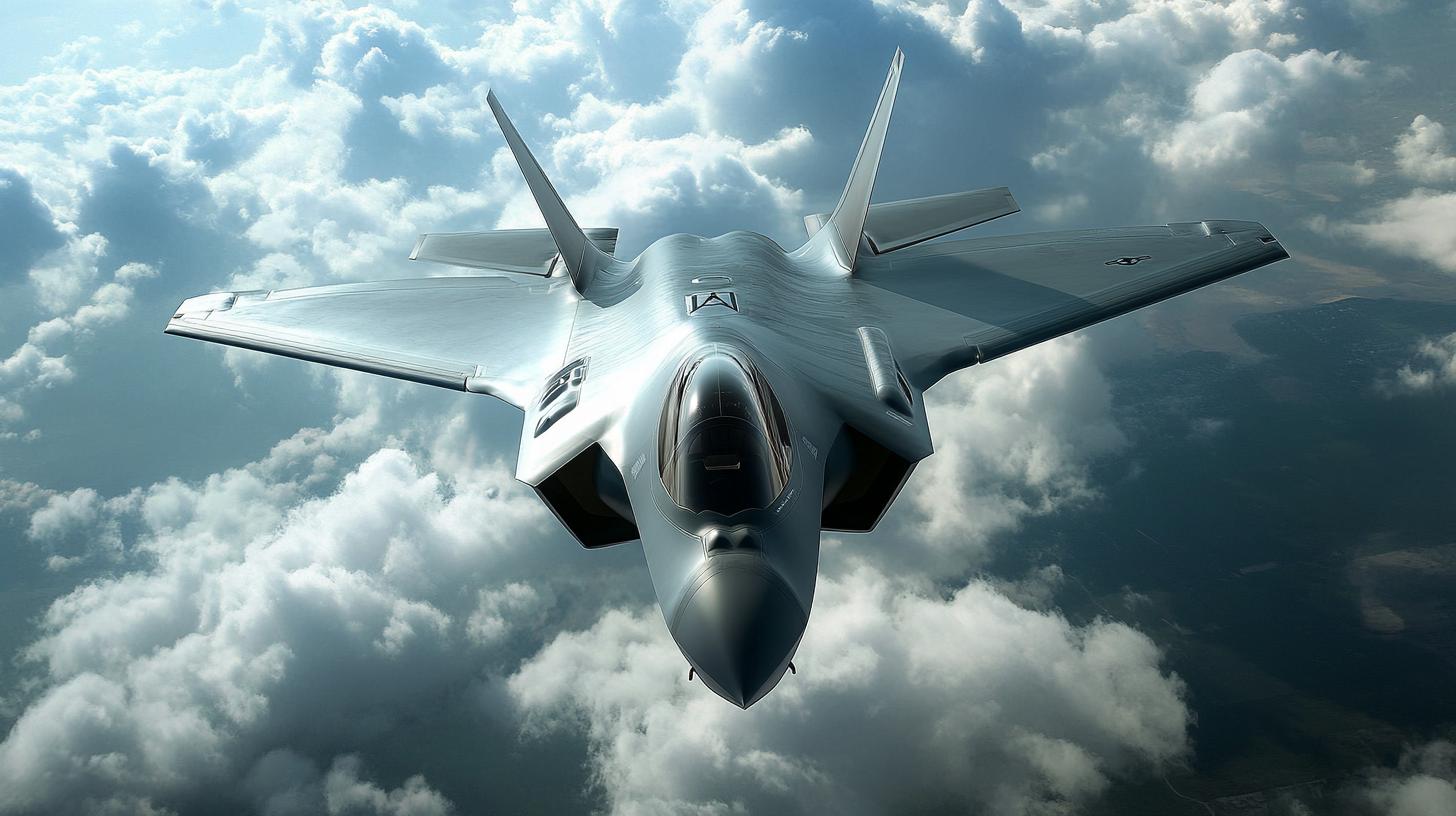Elon Musk, known for his outspoken and often controversial remarks, has turned his focus to the military aviation sector, notably taking aim at the F-35 fighter jet program. Highlighting the advancements in drone technology, Musk took to social media to express his views, questioning the ongoing production of what was once lauded by Donald Trump as “the world’s best fighter jet.”
During his presidency, Trump frequently praised the F-35s, positioning them as the pinnacle of military aviation. However, Musk, the CEO of SpaceX, has challenged this perspective by suggesting that the era of traditional fighter jets may be waning in the face of emerging drone technologies.
According to Musk, the reliance on outdated systems like the F-35 is a misstep, especially as international investments continue from countries such as the United States, United Kingdom, Canada, and several others. His comments suggest that drones could potentially offer more efficient and effective solutions compared to conventional fighter jets.
Amidst his critiques, Musk continues to lead SpaceX in pioneering collaborations with NASA and pushing the boundaries of space exploration. His latest comments underline his belief in the superior potential of drones over conventional military aircraft like the F-35.
This stance highlights an ongoing debate about the future of aerial combat and the evolving role of technology, as innovation pushes traditional boundaries. Musk’s assertions could very well stir conversations worldwide about the efficacy and direction of defense capabilities in the modern age.
The Future of Aerial Combat: Are Fighter Jets Becoming Obsolete?
In recent discussions about military aviation, a pivotal question arises: Are we witnessing the decline of traditional fighter jets as drone technology takes the forefront? Elon Musk, the visionary CEO of SpaceX, has reignited this debate with his critique of the F-35 fighter jet program. But beyond the headlines, what does this mean for the future of aerial combat and technological innovation?
The Rise of Drones: A Game-Changer in Military Aviation?
Musk’s assertions spotlight the rapid evolution of drone technology and its potential to redefine military strategies. Unlike manned fighter jets, drones offer several advantages, such as reduced risk to human pilots and lower operational costs. These unmanned aerial vehicles (UAVs) are capable of long-duration flights, stealth operations, and precise strikes, making them formidable assets in modern warfare. Furthermore, the integration of artificial intelligence allows drones to make real-time decisions, enhancing their efficiency and adaptability in combat.
Advantages and Controversies
One of the major advantages of drones is their ability to collect high-quality reconnaissance data while minimizing human risk. They are also more scalable in production when compared to complex fighter jets. However, the use of drones is not without its controversies. Ethical debates emerge regarding autonomous decision-making in life-and-death situations, as well as privacy concerns from increased surveillance capabilities.
The implications of such technology provoke a pressing question: Are drones the future soldiers of the sky, or will they merely complement traditional aircraft?
Potential Drawbacks: Loss of the Human Element?
While drones are undeniably advanced, opponents of Musk’s perspective warn against the complete reliance on AI and drones, emphasizing the loss of human intuition and decision-making that could be crucial in unpredictable scenarios. Manned aircraft can adapt to rapidly changing environments in ways that AI-controlled drones may not be able to.
Evolving Defense Strategies
As we navigate these technological shifts, how countries adapt their defense strategies remains critical. Nations investing heavily in drones must balance innovation with the reliability and experience of human-managed systems. Could the merging of drone technology with traditional aircraft provide a synergistic approach to future conflicts?
The Global Arms Landscape
With countries like China and Russia also investing heavily in drone technology, the arms race is rapidly transforming. These advancements call for new international policies and treaties to manage the proliferation and use of UAVs in warfare.
As these debates unfold, industry leaders, policymakers, and military strategists must consider whether the future of defense rests on advanced technology, human oversight, or a blend of both.
Additional Insights
For more insights into the ongoing innovations in technology and their implications on society, you might want to explore domains such as:
– SpaceX
– DARPA
– Lockheed Martin
The crossroads of technology and defense present a fascinating yet complex journey. As we look to the skies, one thing is certain—the landscape of aerial combat is on the brink of a paradigm shift.







